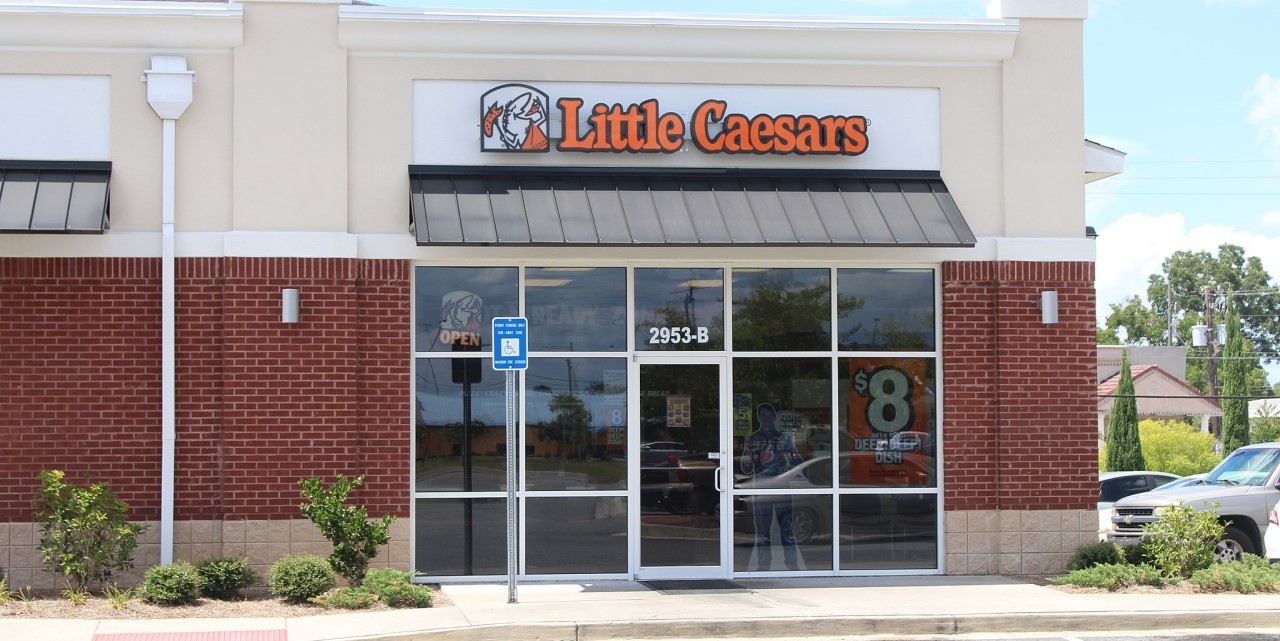Little Caesars has agreed to pay almost $7 million to end a class action from more than 8,000 former employees who alleged the pizza purveyor violated a state biometric privacy law through its timekeeping system.
In a motion filed Sept. 1, named plaintiff Brianna Starts asked U.S. District Judge Mary Rowland to approve a $6.997 million settlement for 8,407 people who had hourly jobs. The deal, which would net class members $545, could end a lawsuit started in January 2019 when Nivea Lenoir filed a complaint in Cook County Circuit Court alleging Little Caesars violated the Illinois Biometric Information Privacy Act by requiring workers to use a fingerprint scanner time clock without complying with regulations regarding consent and data retention policies.
Lawyers from the firm of Werman Salas, of Chicago, who led the lawsuit, could receive up to $2.33 million and expenses of up to $30,000 from the deal.
Little Caesars removed the complaint to federal court in March 2019, and Starts joined as the named plaintiff that August. A year later Rowland denied Little Caesars’ motion to dismiss the complaint, then ordered a 150-day period of class discovery. All parties agreed to dismiss Lenoir as a plaintiff in May 2021.
In October 2021, Rowland issued a stay pending the outcome of three other BIPA lawsuits, including one involving White Castle. She lifted the stay in February 2023, after which the class certification process started and the parties began mediation. Little Caesars “denies all allegations of wrongdoing or liability, including that it violated BIPA,” according to the motion, yet has determined settlement is preferable to possible exposure to the considerable statutory damages BIPA plaintiffs can recover.
The Sept. 1 motion called for a class including anyone who used a fingerprint scanner at a Little Caesars from Jan. 29, 2014, through Jan. 14, 2019. If that number ends up exceeding 8,407 people, the chain would increase the fund by $832.37 per each new member. Starts is in line for a $15,000 service award.
In addition to the payment, Little Caesars agreed to delete all employee finger scan data on its timekeeping system within 60 days of final settlement approval. The only exception would be any active or former “employees who have pending claims or whose data is subject to preservation obligations,” according to the motion.
Rust Consulting will serve as settlement administrator, with costs capped at $35,500. Any uncashed checks will, after 180 days, be transferred to the state’s unclaimed property fund. Notification will be through direct mail and email.
“If the litigation had continued, it would have been complex, expensive and protracted,” according to the motion, with Starts hedging against first the possibility of losing the request for class certification and then the potential of a defeat at trial.
The settlement is among the latest big money deals worth millions to end some of the thousands of class action lawsuits that have been filed against employers in Illinois under the state's biometrics privacy law. Like the action against Little Caesars, the actions typically do not claim employers mishandled employee data or caused them any real harm. Rather, the lawsuits seek millions or even billions of dollars in damages over alleged technical violations of the BIPA law's notice and consent provisions.
The Illinois Supreme Court has ruled that the law allows plaintiffs to demand damages of $1,000-$5,000 per violation, and the court has ruled individual violations should be defined as each time a biometric identifier is scanned without notice or written authorization, such as each time an employee scans a fingerprint on a punch clock.
When multiplied against thousands of employees punching the clock multiple times per day over as long as 5 years, damages can quickly swell into what some on the high court called astronomical damages which could cripple businesses across the state.
Jonathan Bilyk contributed to this report.
